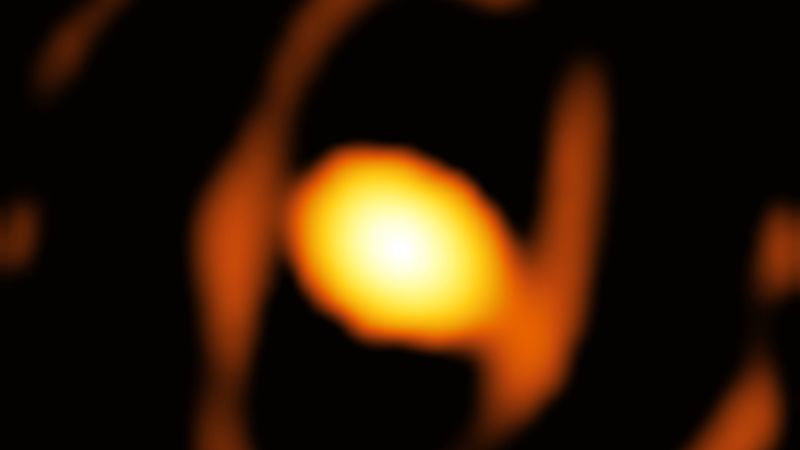
Kepler
Kepler is a NASA mission that aims to discover Earth-size planets orbiting other stars. The spacecraft was launched in 2009 and has been observing a single patch of sky in the Cygnus-Lyra region, looking for tiny dips in brightness of stars that could indicate the presence of a planet passing in front of it. Kepler has discovered thousands of exoplanet candidates, and confirmed the existence of many of them through follow-up observations. The mission has revolutionized our understanding of exoplanets and their diversity, and has provided important insights into the formation and evolution of planetary systems.
Your Previous Searches
Random Picks
- Redundant Communication Systems: Redundant communication systems refer to the use of multiple communication channels or devices to ensure reliable and continuous communication between spacecraft and ground stations. This is achieved by having backup systems that can take o ... Read More >>
- Radiation Patterns: Radiation pattern is a graphical representation of the directional dependence of the strength of an electromagnetic field emitted from a point source. In space and astronautical engineering, radiation patterns are used to analyze and design ... Read More >>
- Dynamics Of Aerospace Vehicles: Dynamics of Aerospace Vehicles refers to the study and analysis of the forces and the resulting motion of objects through the atmosphere or space. This field is crucial in the design and control of vehicles capable of flight. It involves th ... Read More >>
Top News

Archaeologists discover 4,000-year-old canals used to fish by predecessors of an...
Using drones and Google Earth imagery, archaeologists have discovered a 4,000-year-old network of earthen canals in what’s now Belize...
News Source: ABC News on 2024-11-22

First close-up image of a star beyond our galaxy may reveal impending supernova...
Astronomers have taken the first close-up image of a star beyond our galaxy, and it’s a “monster star” surrounded by a cocoon as it slowly dies....
News Source: CNN on 2024-11-21

Bestselling author explains the science of happiness: "You can do the work"...
Bestselling author and Harvard professor Arthur Brooks opens up about how enjoyment, satisfaction and meaning in life can increase a person's wellbeing....
News Source: CBS News on 2024-11-18

November's full moon, known as the Beaver Moon, is the last supermoon of 2024. H...
November's full moon, known as the Beaver Moon, is the last supermoon of 2024. Here's when it peaks and why it's called the Beaver Moon....
News Source: CBS News on 2024-11-15

You can't put a price on the sense of awe particle physics inspires...
Astronomy and particle physics are no longer seen as vital by the US establishment, so funding has fallen. But our work creates a sense of wonder, and wonder matters, says Chanda Prescod-Weinstein...
News Source: New Scientist on 2024-11-13